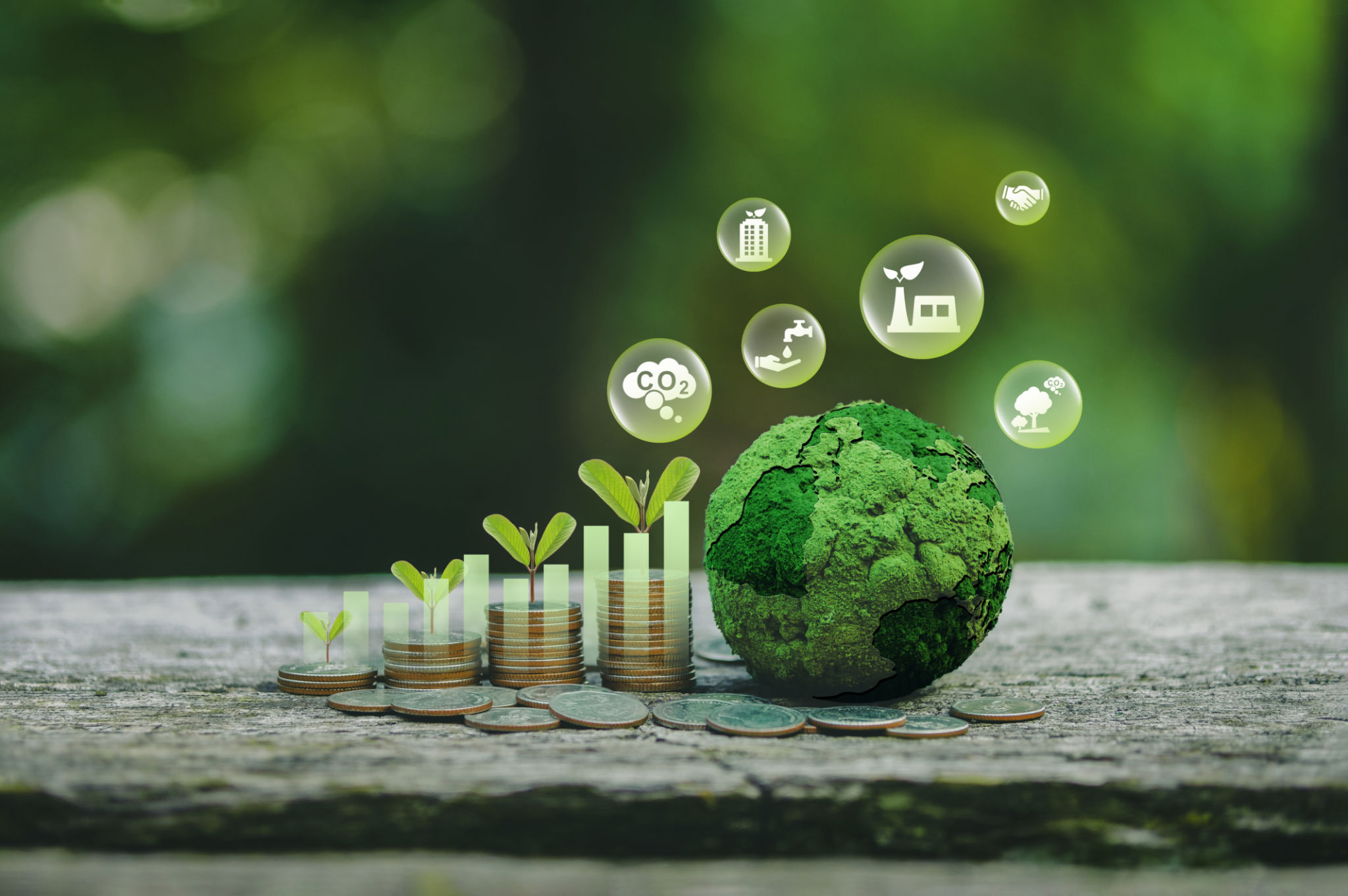Why Medium Businesses Should Invest in Sustainability Now
The Growing Importance of Sustainability
In today’s rapidly changing world, sustainability is no longer just a buzzword—it's a necessity. Medium-sized businesses, in particular, are at a pivotal point where integrating sustainability into their operations can yield significant long-term benefits. Embracing sustainable practices isn't just about reducing environmental impact; it's about enhancing brand image, improving financial performance, and ensuring long-term viability.

Enhancing Brand Image
Consumers are increasingly aware of and concerned about the environmental impact of the products and services they use. A commitment to sustainability can significantly enhance a business's brand image. By showcasing eco-friendly initiatives, companies can connect with environmentally conscious consumers and differentiate themselves from competitors.
Moreover, businesses that prioritize sustainability often find it easier to attract and retain top talent. Employees today want to work for companies that are making a positive impact on the world. By investing in sustainable practices, businesses can build a reputation as responsible employers who care about more than just the bottom line.
Financial Benefits of Sustainability
While the initial investment in sustainable practices might seem daunting, the financial benefits can be substantial. Sustainable businesses often experience reduced operational costs through energy savings, waste reduction, and efficient resource management. Furthermore, these companies can capitalize on new market opportunities by developing innovative products and services that address environmental challenges.

Adopting sustainable practices can also lead to improved financial performance through increased customer loyalty and satisfaction. Consumers are willing to pay more for products that have a positive environmental impact, which can drive higher profit margins for conscientious businesses.
Regulatory Compliance and Risk Management
As governments around the world continue to implement stricter environmental regulations, medium-sized businesses must stay ahead of these changes to avoid penalties and legal issues. Investing in sustainability ensures compliance with current and future regulations, reducing the risk of fines and reputational damage.
Additionally, sustainable practices can help businesses mitigate risks associated with supply chain disruptions, resource scarcity, and climate change impacts. By proactively addressing these challenges, companies can ensure their long-term resilience and success.

Fostering Innovation and Growth
Sustainability drives innovation by encouraging businesses to rethink their processes and develop new solutions to environmental challenges. This mindset not only leads to more efficient operations but also opens up new avenues for growth and differentiation in the marketplace.
Medium-sized businesses that invest in sustainable innovation can tap into new markets, attract eco-conscious consumers, and create a competitive edge. By prioritizing sustainability now, these companies position themselves as leaders in an increasingly eco-aware world.
Conclusion
Investing in sustainability is no longer optional for medium-sized businesses—it's essential for survival and growth. By enhancing brand image, reaping financial benefits, ensuring regulatory compliance, and fostering innovation, sustainability offers a holistic approach to building a resilient and successful business. The time to act is now; the future depends on it.
